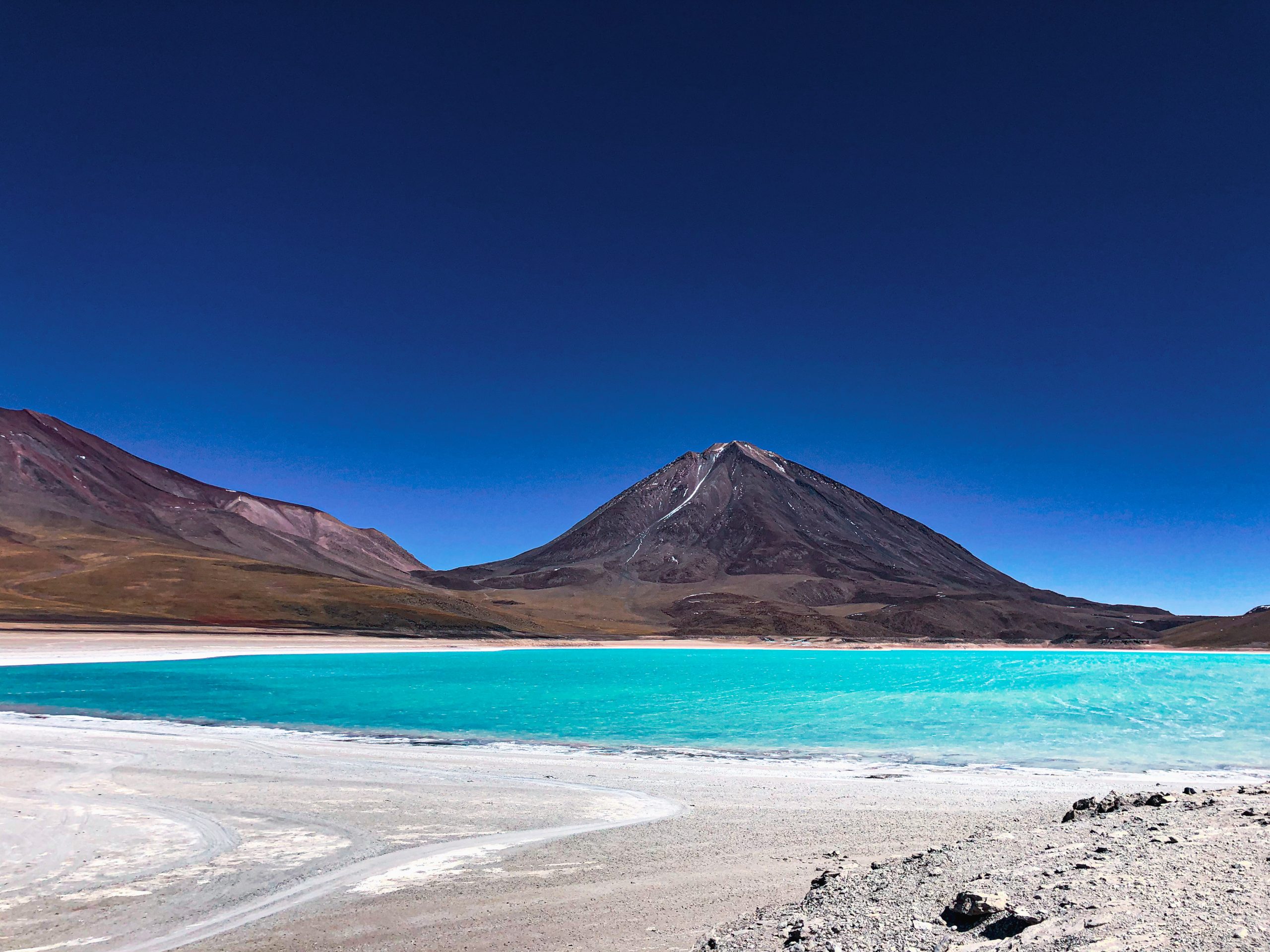
When you think about Bolivia you probably don’t consider it as a popular travel destination: The first things that come to your mind would probably be its complex history, revolutions, the hard relations with its neighbors and with the narcotraffic.
Bolivia is one of the poorest countries in Latin america, unemployment rate is high and it’s not uncommon to find political protests in the streets when travelling through the country. That is why one of the best thing to do, if you decide to visit Bolivia, is gathering as much as information as possible to be aware of the social, political and environmental issues the country is facing. In this way you, as a responsible traveller, will not only come back home with a better understanding but you will ensure that you are not contributing to any of these issues.
8 things you absolutely need to know before your trip:
1) The official name of Bolivia is “Plurinational State of Bolivia” the name changed in 2009.
2) Spanish is the main language but there are other 36 official languages in Bolivia.
3) Bolivia has two capitals: La Paz (The highest capital city in the world) and Sucre.

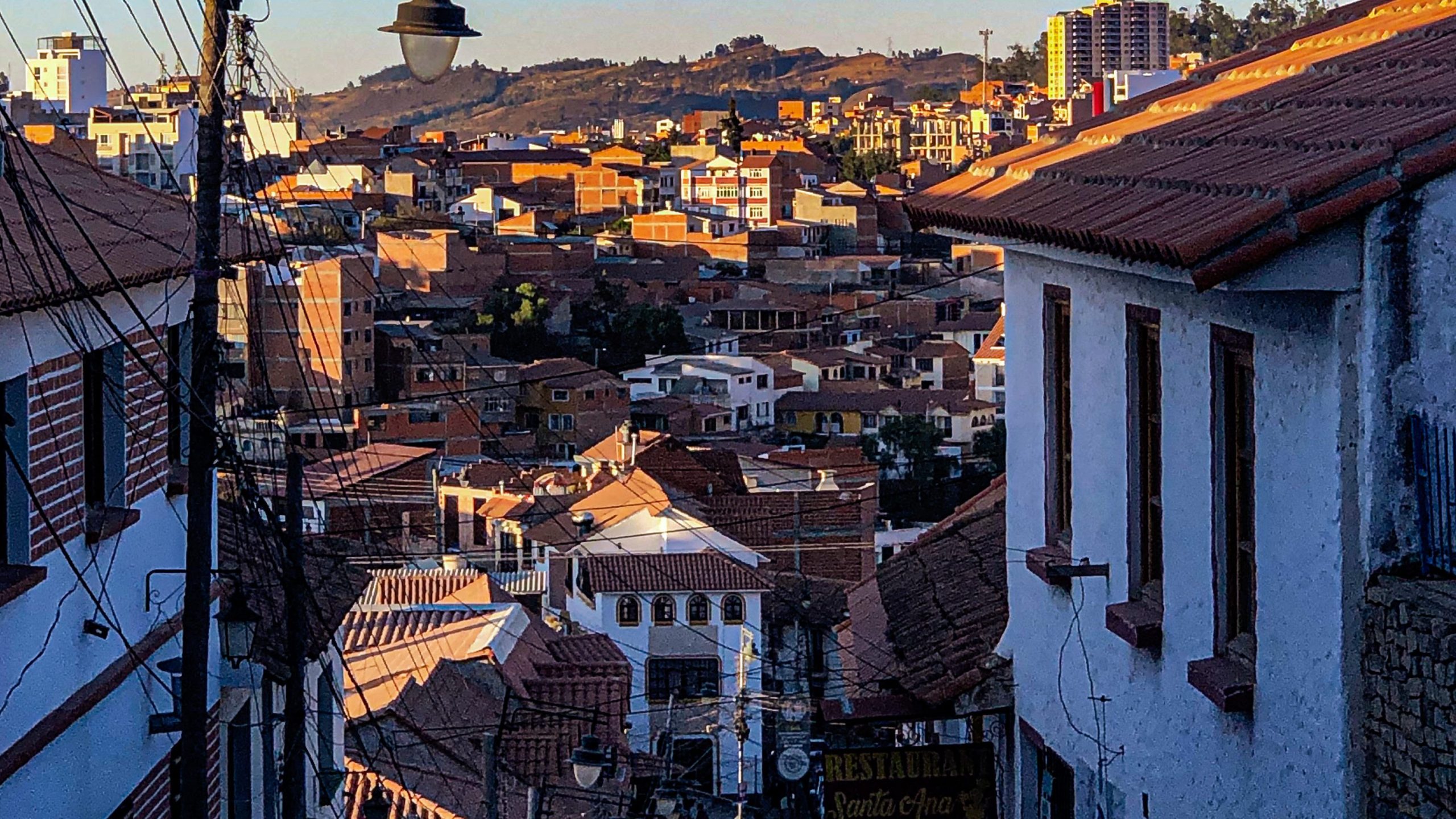
4) In the streets of Bolivia you will see women wearing traditional clothes, they are called “Cholitas” most cholitas in Bolivia come from the Aymara or Quechua cultures (indigenous community). Cholitas faced heavy discrimination in the past for example being denied access to some public spaces. Now things changed for them and they are actually symbol of empowerment for women all over the country: Cholitas hike mountains in their traditional clothes, they are wrestlers, have famous YouTube channels and are astute business women.
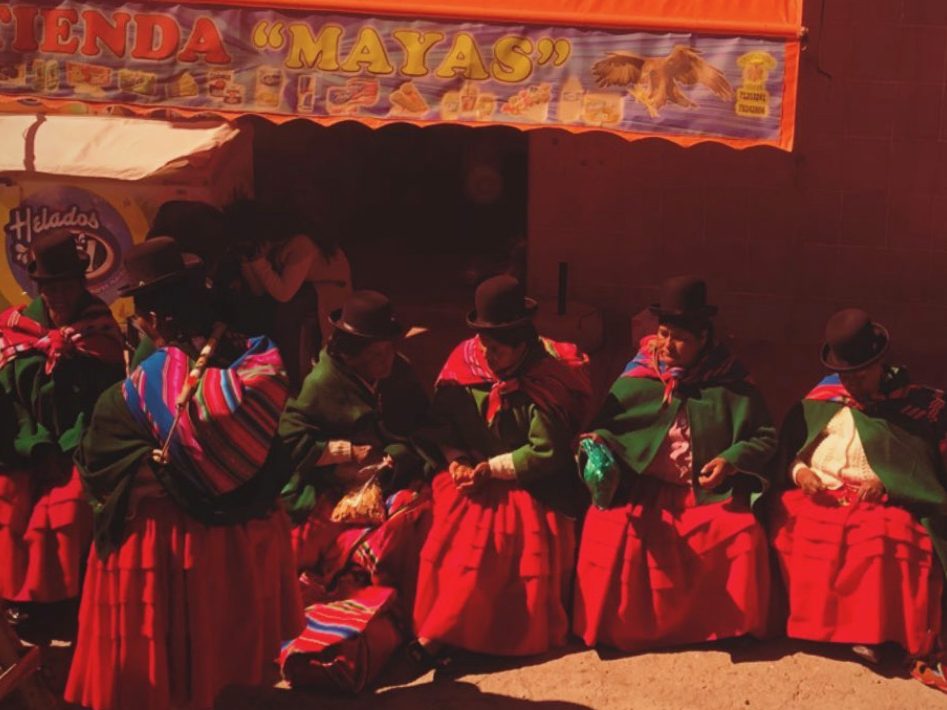
5) Bolivia is a landlocked country: The country lost to Chile, in the War of the Pacific (1879-1884), the access to the Pacific coast. For this reason the relationship with Chile is tense, so if you talk to locals you will know why they won’t have kind words towards Chileans.
6) Bolivia is the highest country in South America: that means also be aware of altitude sickness!
7) Bolivia is home to the largest salt flat in the world: Salar de Uyuni recently gained lots of popularity for its magical landscape, known as the Largest Mirror on Earth, the Salar de Uyuni covers a total area of 10,582 sq km at 3,656 m above sea level. Furthermore, The Salar de Uyuni holds 50-70% of the lithium reserves of the world: Yes the battery of your phone probably is made with the lithium from the Bolivian Salt Flats!
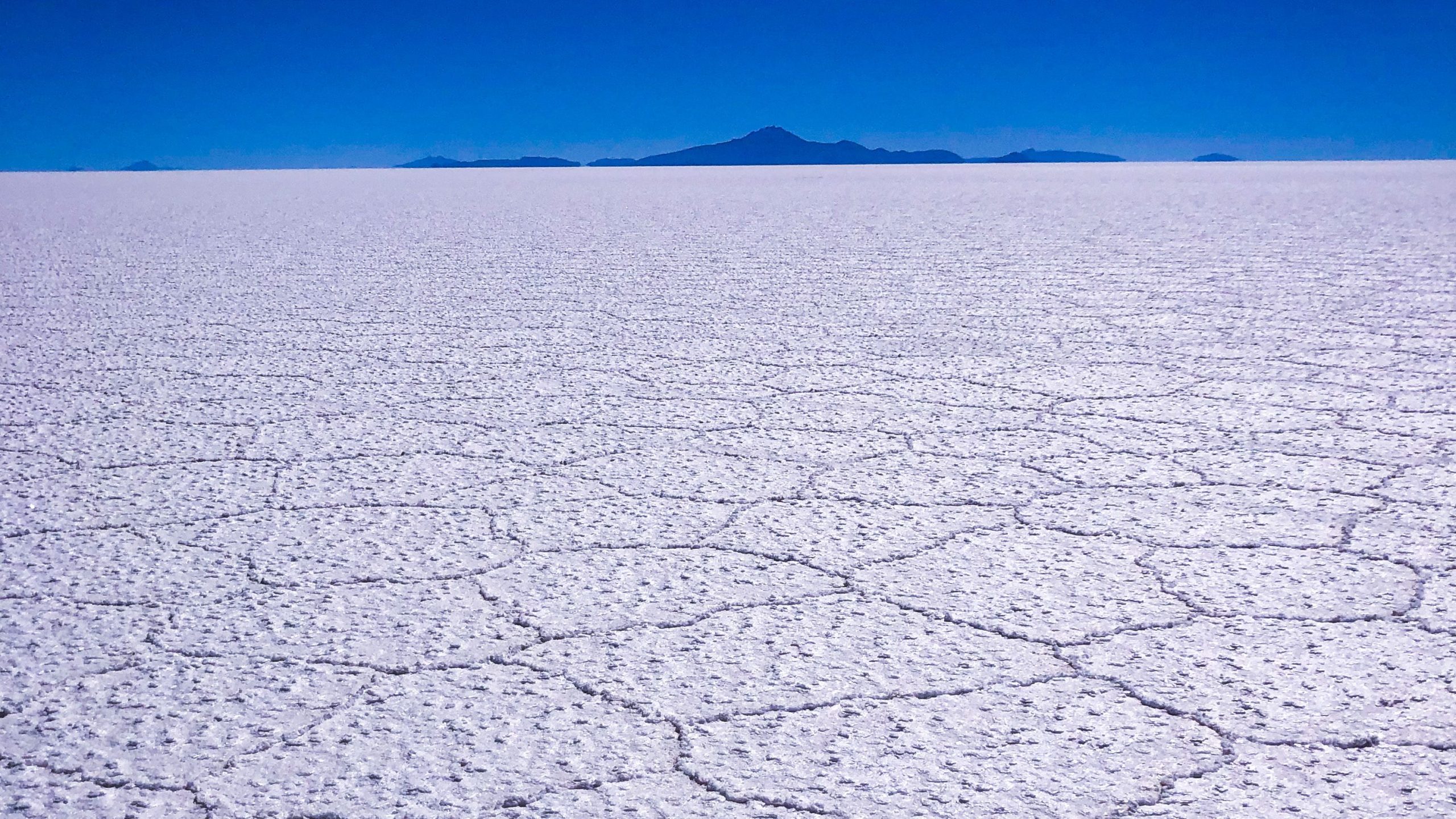
8) Bolivia is one of the most biodiverse country on earth: 40% of all animal and plant life on the planet can be found in Bolivia: You can get a sense of that by visiting The Eduardo Avaroa Andean Fauna National Reserve: It’s a rough bumpy road through marvelous surreal landscapes to get there, but absolutely worth it.
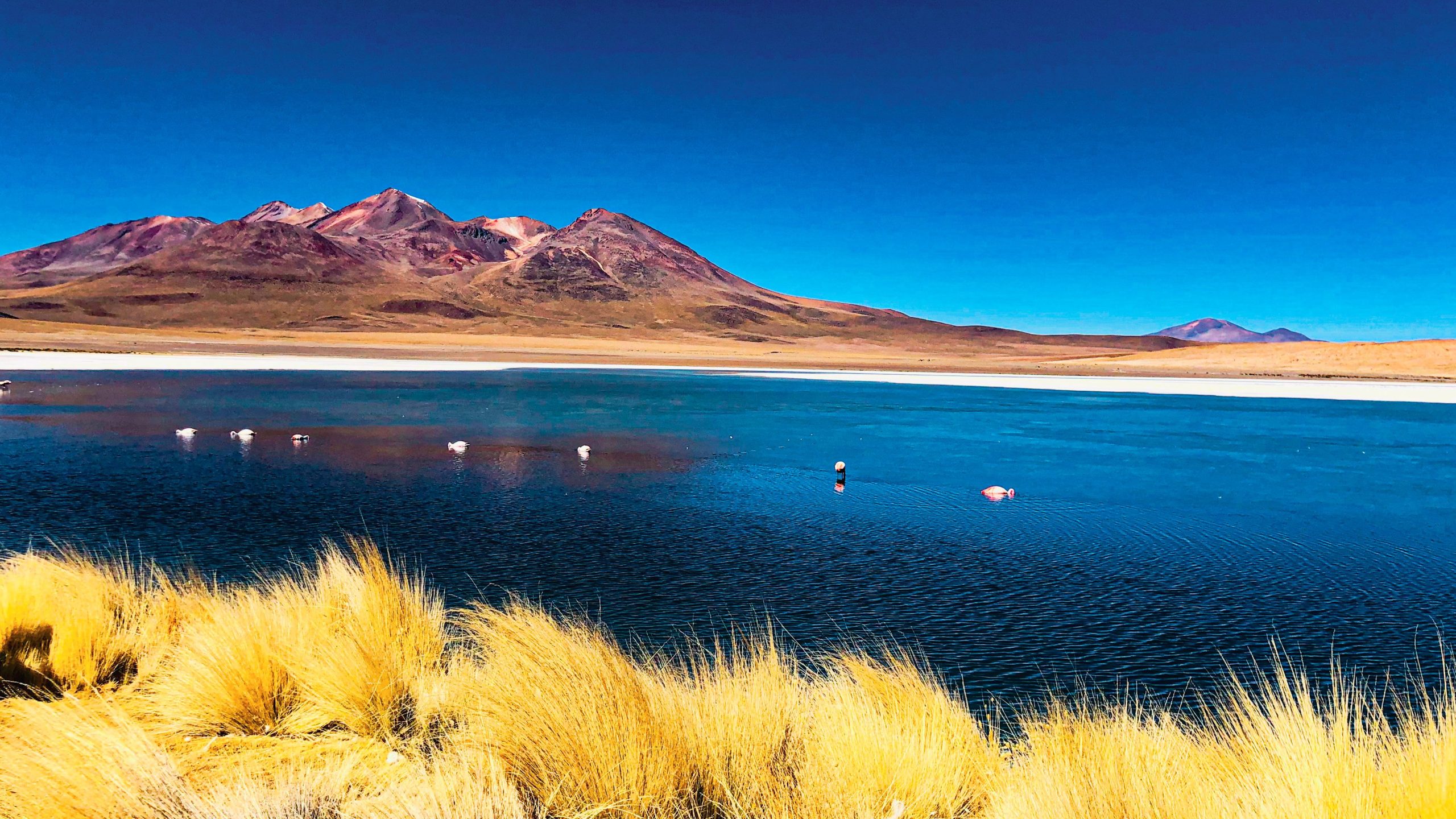

What you can do as responsible traveller when visiting Bolivia:
- When booking your tour, request to stay in community-run accommodation for at least part of your trip, and take tours run by local guides.
- Don’t forget to give tips do drivers, local tour guides, to restaurants, etc… You are visiting one of the poorest country in Latin America: tipping people will really make a difference for them.
- Spend your time and money on legal, ethical tourism activities, and provide income in rural areas.
- Best time to visit: From May to October. I personally visited in July and I found it the best time the days are warm(ish), but in the highlands and at night it gets a little chill: so make sure you have enough layers.
- When in the city be aware of pickpockets, don’t show off expensive electronic gadgets and only walk in streets that are considered “safe” (you can ask your hotel-hostel to give you advice on this).
- Ask permission before taking any pictures: in some indigenous culture it is believed that cameras can steal the soul of a person, so be respectful especially if you are taking pictures of the indigenous people if they feel comfortable to do so.
- Be aware you might suffer from altitude sickness so take some medications with you it is not something to underestimate.
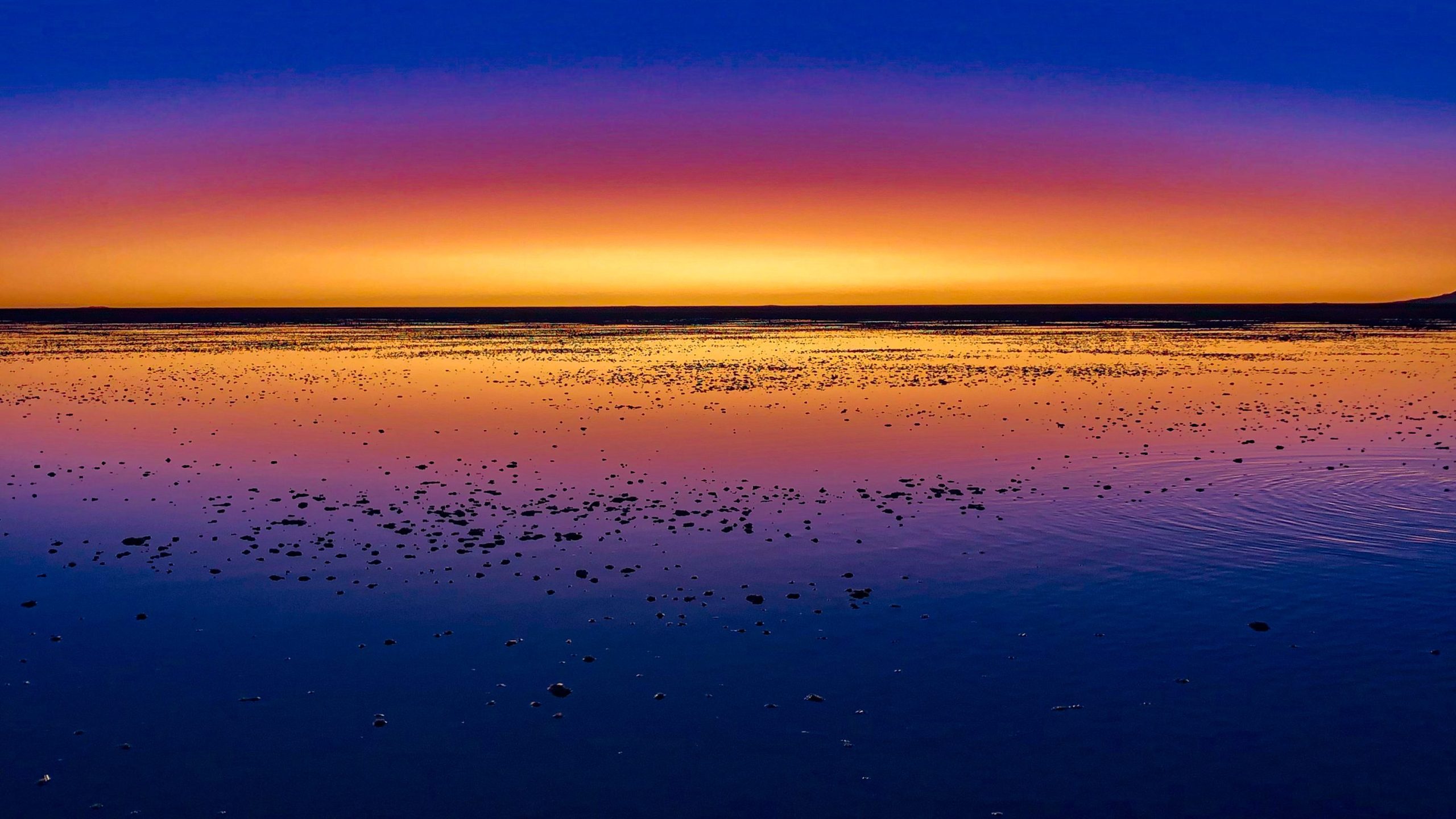
Understanding the complexity of this country it is by no mean an easy task: as responsible travellers we don’t need to know everything before our departure but it is important that we have some pre-existing knowledge to understand the reality, the people, the behaviour, the social norms of the place we are going to visit. Bolivia is not a “popular tourist destination” yet the beauty of its nature, of the people, of the culture, will make your experience unforgettable.
